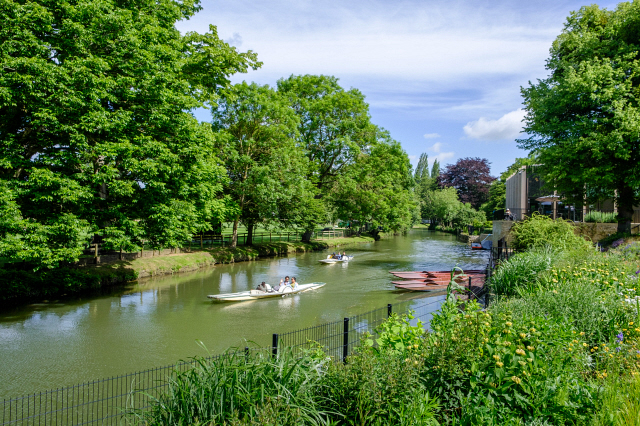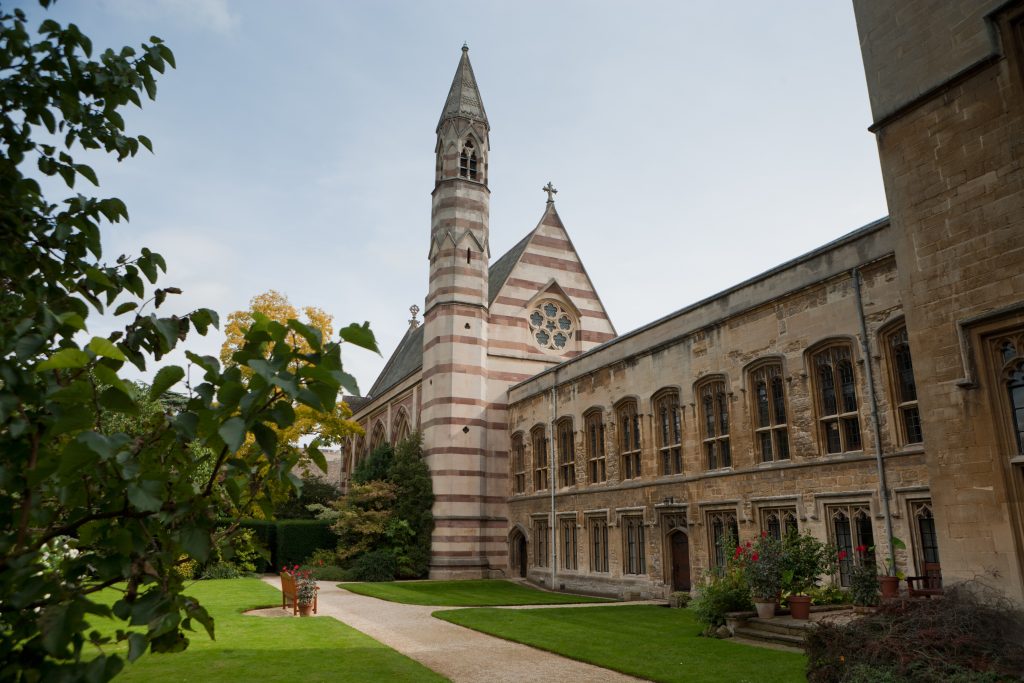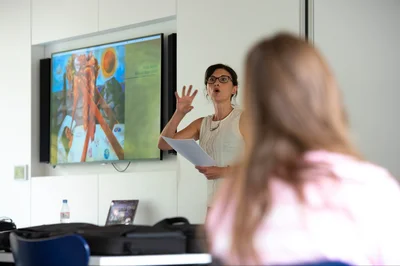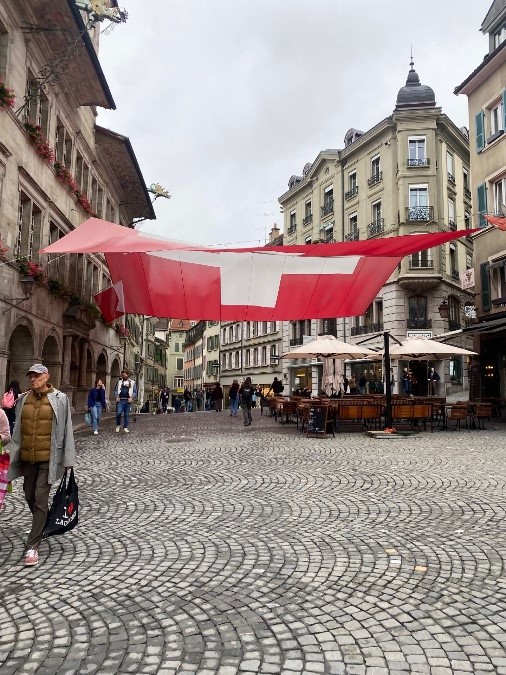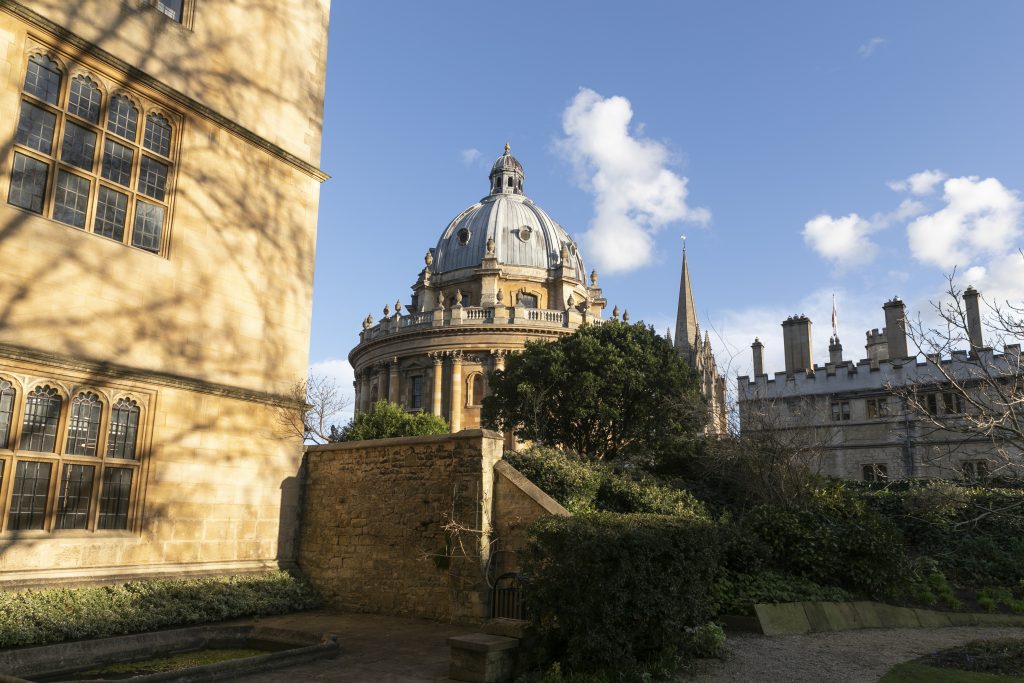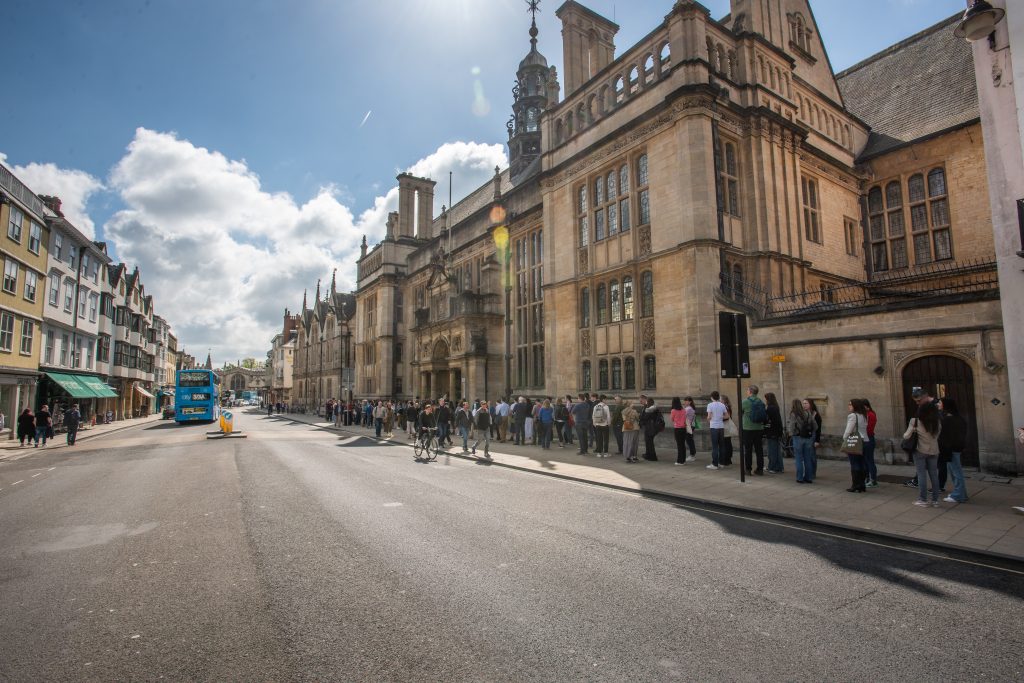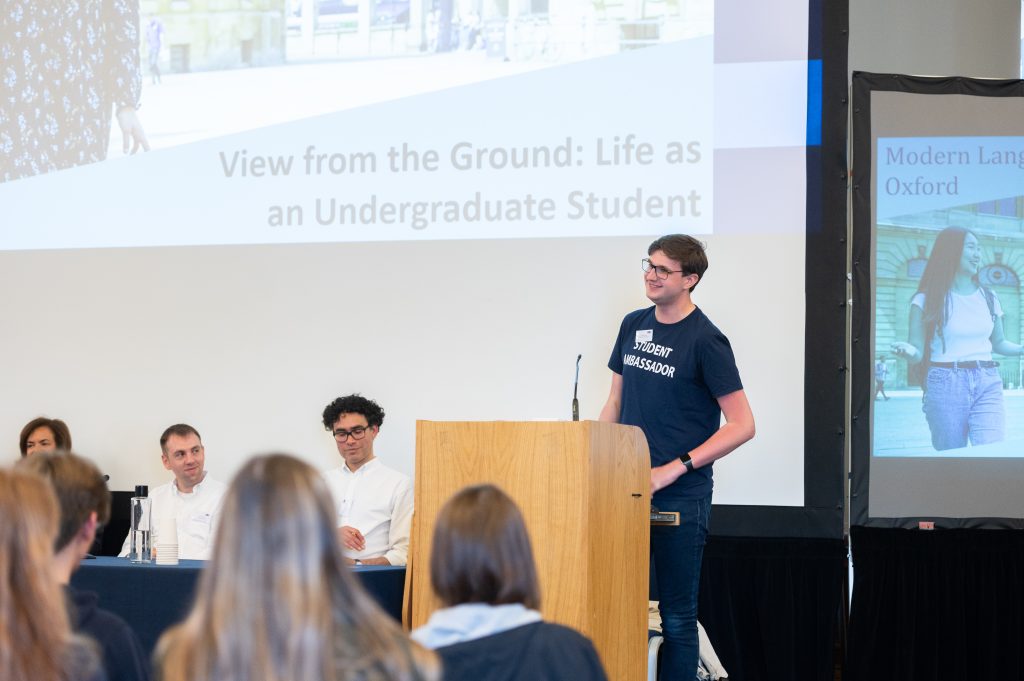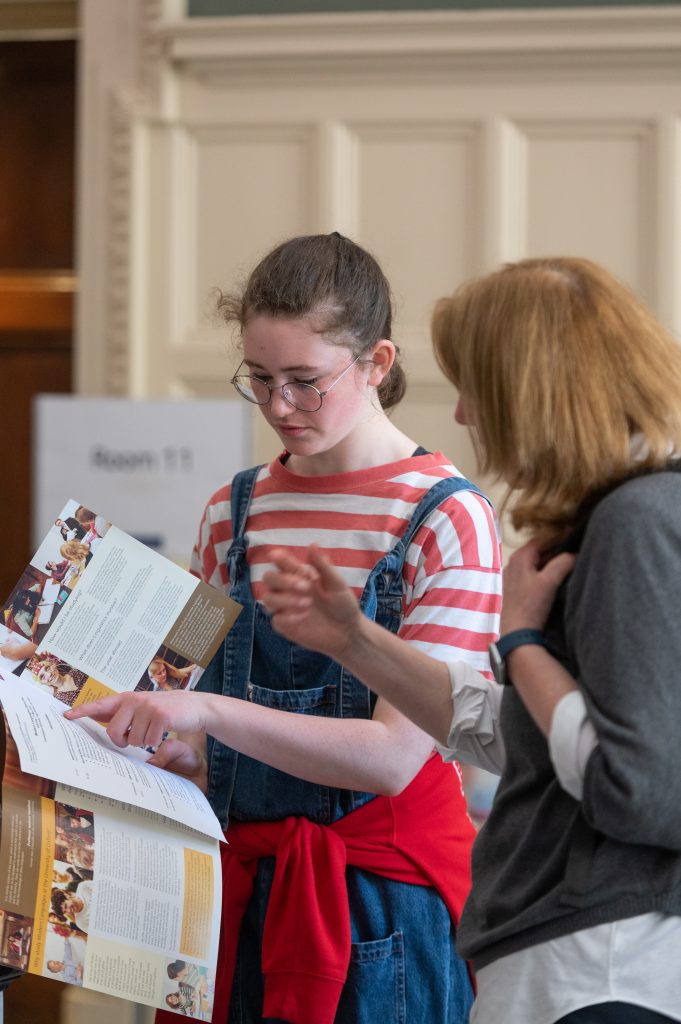On the blog this week, current French Sole student, Livleen, reflects on her first year here at Oxford and shares what the course entails.

Heya, I’m Livleen! I’m in my second year doing French at St Catherine’s College, and I’ve absolutely loved my time here so far at Oxford. It’s such a beautiful place to live in, me and my friends often describe living here as a ‘fever-dream’: when you come home between term time it feels like you’ve been living in a fantasy! However, that’s not to say that my first year was a breeze, I was challenged not only academically, but socially too. Oxford is an amazing place to study because it really makes you filter out the things you genuinely enjoy doing, making you prioritise what is truly important, and become quicker at completing tasks in general.
In terms of my academic experience, I must say that I improved so much from when I first set foot in my seminar room back in October. The French course here at Oxford is very literature heavy, so bear that in mind if you’re considering applying here. Here are some details on what the French and French sole course is like:
For core French modules (this is what everyone does in first year French, regardless of what subject combinations you do), you have around 2 lectures a week on the text you are studying. In Michaelmas term (first term), the first couple of weeks are introductory, where you’ll have lectures on how to approach literature, and how to write essays and commentaries. And then you’ll study 3 commentary texts: Montaigne: ‘Des Cannibales’, Racine: ‘Phedre’ and Verlaine: ‘Romances Sans Paroles’. In Hilary (second term), you study your last commentary text ‘Papa Doit Manger’ by Marie Ndiaye, and then you move onto your essay texts: ‘Le Chastelaine de Vergy’, ‘Les Liaisons Dangereuses’, ‘Indiana’, and then you study ‘Traversée de la Mangrove’ in the beginning of Trinity term (third term). Also, as part of French core, you have weekly grammar, translation and speaking classes. You have grammar classes and translation classes around twice a week, and speaking every other week. However, this varies depending on your college.
In terms of the French Sole modules, the sole papers are Film, French Thought (Philosophy) and Literary theory. You’ll study four texts/films for each paper and attend a seminar and write an essay (or commentary) on each in English. For our year, we studied all the films in Michaelmas, Philosophy in the second half of Michaelmas and first half Hilary and then critical theory in the last half of Hilary and first half of Trinity. The films that we watched were: Pierrot le Fou, À Nos Amours, Beau Travail and Portrait de la jeune fille en feu. The philosophy texts were: Descartes: Discours de la méthode, Rousseau: Discours sur l’origine de l’inégalité, Beauvoir: Le Deuxième Sexe, and Césaire: Discours sur le colonialisme, suivi de Discours sur la Négritude. The critical theory authors you study are: Paul Valéry: ‘Questions de poésie’ and ‘Poésie et pensée abstraite, Sartre: Qu’est-ce que la littérature?, Barthes: Critique et vérité and Hélène Cixous: ‘Le rire de la Méduse’. Overall, I would say that although I struggled with the Sole modules, I’m so glad that we studied them because I feel so much more informed about French literature and culture, which others doing joint honours will not have in their first year. There is also the myth that those who do French Sole means that you do less work as opposed to someone who does a joint honours, and I would say this is completely untrue. Whilst you are not doing additional language work for another language, you’ll be wrapping your head around complex philosophical concepts and getting your grips around abstract ideas in critical theory.
There is also the myth that at Oxford, you spend every day in the library, and will have no time for fun. This is also completely untrue. This year, I was playing in 2 orchestras a week, attended weekly dance classes, spent many nights hanging out with friends in the JCR (the college social area for undergraduates), went clubbing from time to time, took part in uni-wide society events and many more. Although you do spend a lot of time here studying (which is normal with every university student), I would say that the life here only gets intense because of all the social opportunities Oxford has to offer that you want to cram into your schedule haha.

*college-organised social event
In terms of how I’ve found my college experience, I’ve absolutely loved being at St Catherine’s College (or more affectionately, ‘Catz’). Although we had troubles with the RAAC, it made our community come together, and the friends I’ve made has made my first year so worth it.

One thing I’d like to mention is writing a bit about my experience being an ethnic minority here at Oxford, having come from a predominantly South Asian community in London. What surprised me was that coming to Oxford brought me closer to my culture because I attended many India Society events and becoming ethnic minority rep at my college. So, I would say that there is a way to stay / become connected to your roots even if the stereotypes suggest the opposite.
Lastly, for those who are thinking of applying to Oxford, and considering applying to do French, I would recommend that you give it a go, especially if you have an interest in literature. For me, getting into Oxford was as stab in the dark and the process seemed very daunting, but it all it worked out! And no matter how far you get in the process, the application experience is so valuable. Wherever you end up, things will always work out for the best, and you’ll no doubt have the best years of your life 🙂
– Livleen
If you want to see a taster of a week in the life of a French Sole student, I’ve filmed a video which you can watch below:

